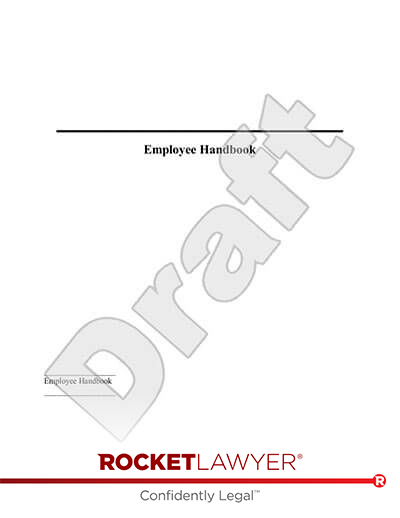Why do we celebrate Labor Day?
Labor Day observances started at the end of the 19th century. At the time, the average employee worked 12-hour days for seven days a week just to earn enough to pay the bills and put food on the table. Many laborers suffered through unsafe working conditions, minimal access to fresh air, and poor sanitary facilities. Breaks or lunch hours were rare, and children as young as 5 or 6 might have worked in factories, mills, or mines.
In response, trade unions and activists called for more rights for workers, including higher wages, better working conditions, and more time off. They held rallies and strikes to protest excessive work hours and poor pay. On September 5, 1882, some 10,000 workers in New York City marched from City Hall to Union Square in what became known as the first Labor Day parade.
After several years of strikes and rallies, Congress made Labor Day a national holiday in Washington, D.C. President Grover Cleveland signed the bill into law on June 28, 1894. Labor Day has been a federal holiday ever since.
Today, Labor Day reminds employers and employees of the contributions and achievements of the American worker.
How can employers celebrate Labor Day?
Many employers allow their workers time off on Labor Day even though it is not required. If you cannot give your employees Labor Day off, you can still celebrate Labor Day in other ways. Here are just a few ideas:
- Write personal appreciation notes to your staff.
- Host a potluck, picnic, or barbecue where managers cook.
- Cater a meal for the office or provide food delivery gift cards.
- Provide small bonuses.
- Provide other opportunities for time off.
Whatever you choose to do, consider providing generally consistent bonuses or treats to ensure fair treatment to all of your valuable employees.
You might also keep in mind that if you are doing an outside of work activity, you, as the employer, might still be liable for injuries or damages if accidents happen. In some states, those incidents may be considered workers' compensation injuries. One good way to address that issue is to consider an Activity Release of Liability.
How should employers celebrate on Labor Day if they are open for the holiday?
A special gesture to show your staff that they are appreciated is even more important if you are open on Labor Day. Time off on another day, overtime pay for working on the holiday, or a bonus are a few valuable options employees tend to appreciate.
Employers, however, are not required under federal law to provide holiday pay for Labor Day. As a result, any bonus that you provide is your choice. On the other hand, some states might require overtime pay for working over the holiday.
Depending on your business, a dress-down day, free lunch, or door prizes can also show those working on Labor Day that you appreciate their hard work, being there on the holiday, and loyalty. If you do not have a policy that tells employees about these perks for working on holidays, you may want to consider adding one to your Employee Handbook.
When should employers celebrate Labor Day if they are closed for the holiday?
You may celebrate Labor Day with your team whenever it works for your team, even if you are closed for the Labor Day holiday. An optional potluck that weekend or a small thank you gesture before or after the three-day weekend can show your staff that you appreciate their contributions. Showing staff appreciation can go a long way in boosting morale which is always good for business, and Labor Day is a holiday made specifically for this reason.
For more about what you can do for bonuses and perks for Labor Day, or questions about your obligations as an employer under your state labor laws, reach out to a Rocket Lawyer network attorney
This article contains general legal information and does not contain legal advice. Rocket Lawyer is not a law firm or a substitute for an attorney or law firm. The law is complex and changes often. For legal advice, please ask a lawyer.
